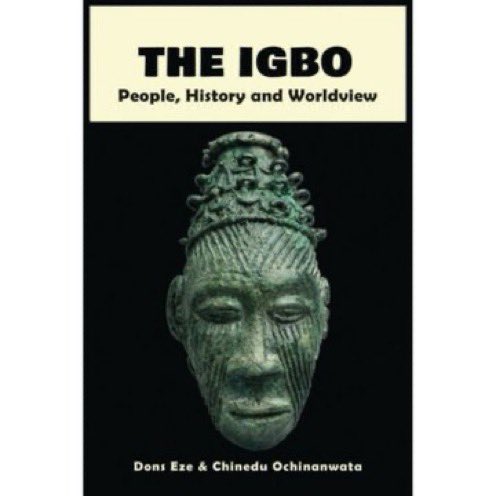June 02, 2025
By Ayinde Adeleke
The Yoruba community is up in arms over a history textbook that allegedly claims the Igbo people founded Ile-Ife, a sacred city in Yorubaland.
The book, “Standard History Studies for JSS 1–3” by Tony Duru and Ijeoma Duru, is said to have been approved by the Nigerian Educational Research and Development Council (NERDC).
According to the Yoruba community, the book’s narrative is a blatant lie and an attempt to hijack their history.
They point out that there is no archaeological, linguistic, cultural, or oral record that supports the claim that Ile-Ife was founded by the Igbo people.
Esu Elegba, a prominent X user, weighed in on the issue, saying, “This is not academic. This is an ethnic hijack of history. There is no archaeological, linguistic, cultural, or oral record, Yoruba or foreign, that supports this Igbo-conquest fantasy. What we have is a disturbing effort to reposition one ethnic group as the origin of another’s ancestral city. That is not scholarship. It is historical vandalism.”
The Yoruba community is demanding that the NERDC be held accountable for approving the book and that those responsible for the false narrative be brought to justice.
Ajibade Sarah, another X user, called on leaders to take action, saying, “It’s our leaders that can tame us ooo. You all need to do something before it’s out of hand.”
The controversy has sparked outrage among the Yoruba people, who see this as an attempt to erase their history and cultural identity. They are demanding that the NERDC retract the book and ensure that accurate history is taught in schools.
The incident highlights the need for accurate representation of history in educational materials and the importance of preserving cultural heritage.
The Yoruba community’s reaction serves as a reminder that history is not just a subject in school, but a vital part of a people’s identity and heritage.
The community is calling for immediate action to correct this historical injustice and ensure that the true history of Ile-Ife and the Yoruba people is preserved for future generations.
